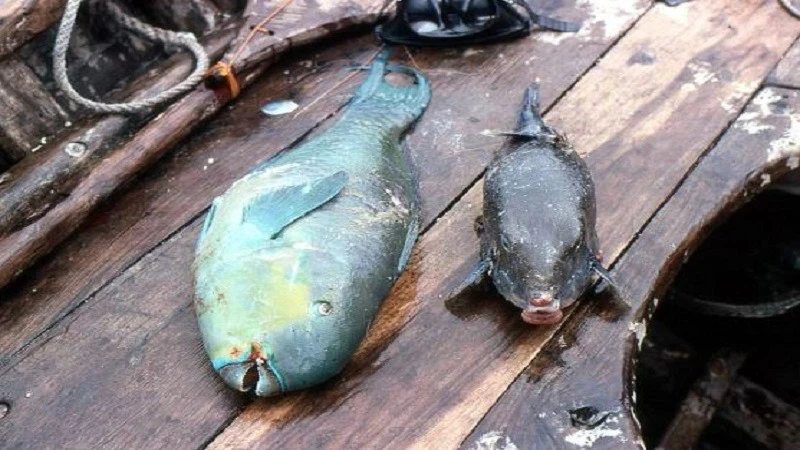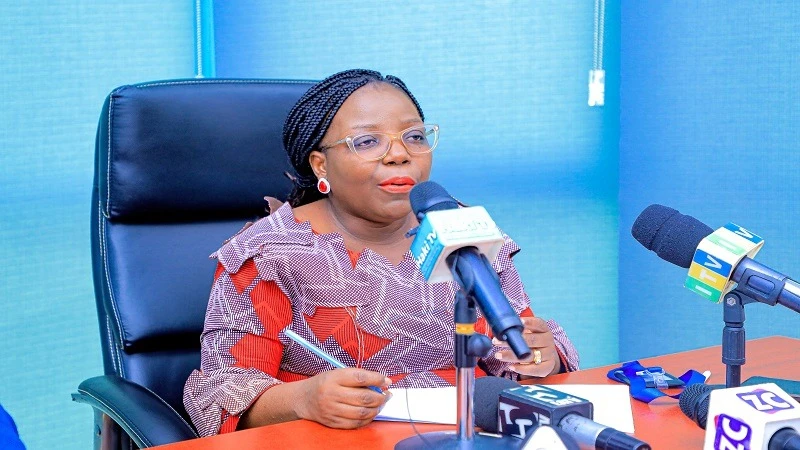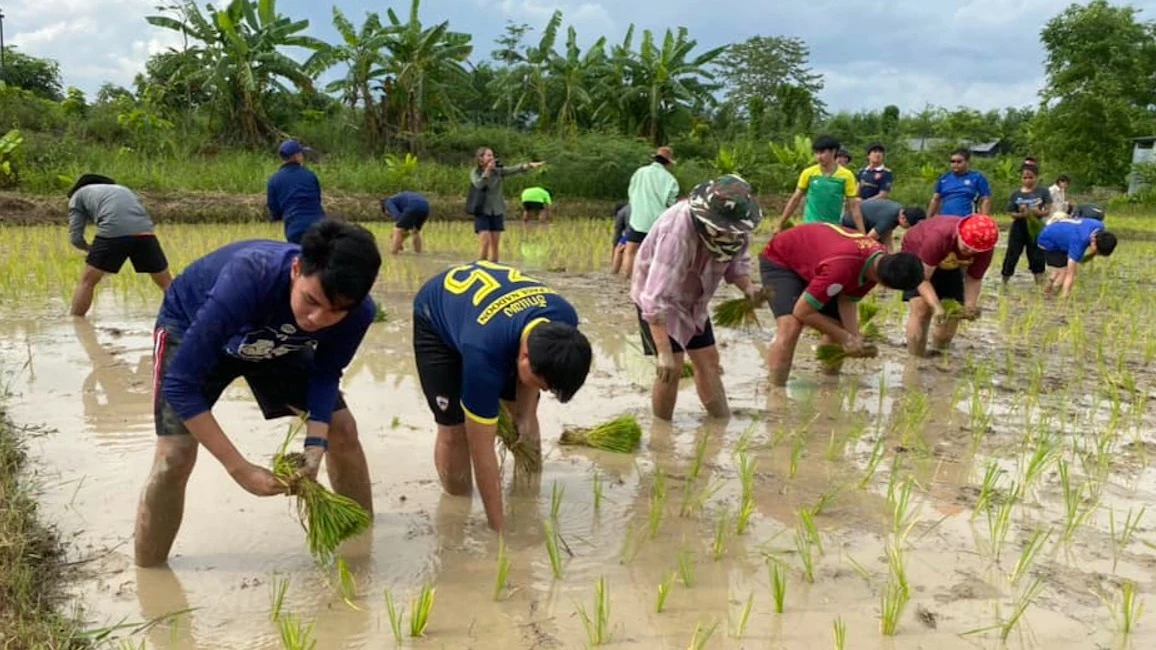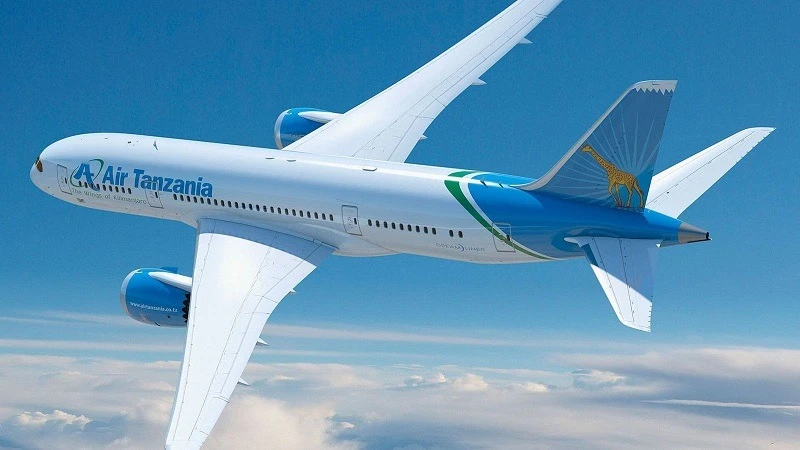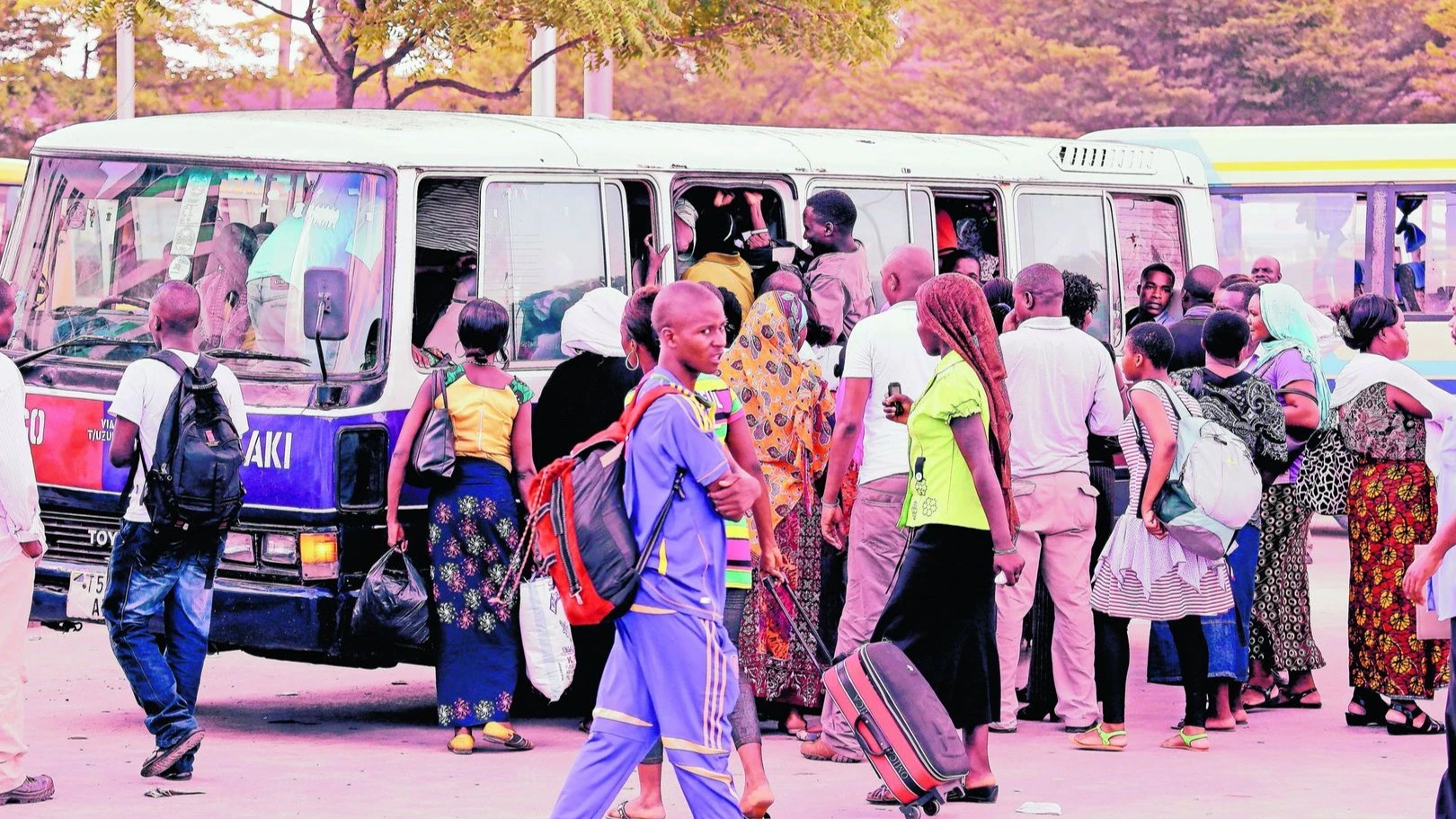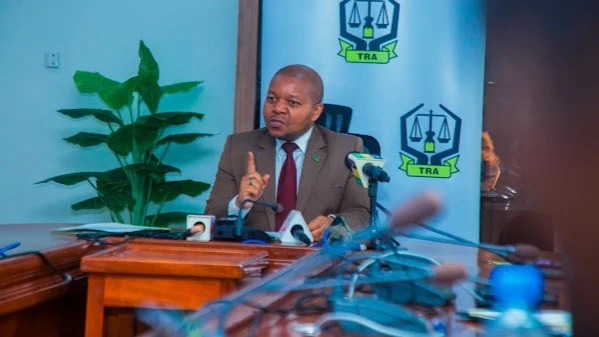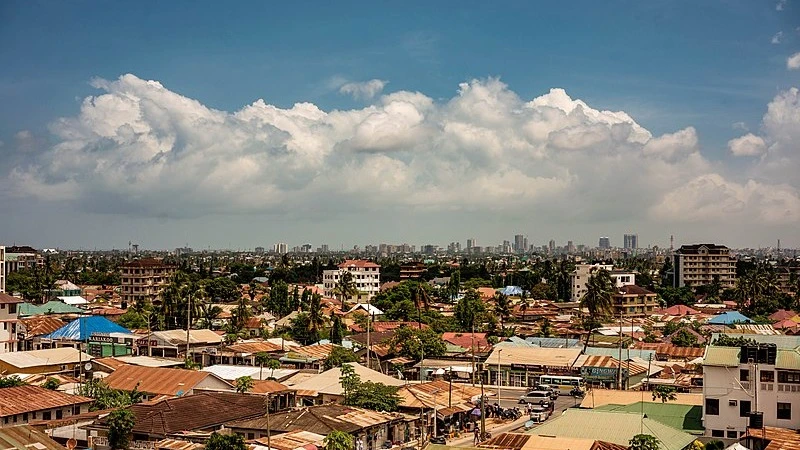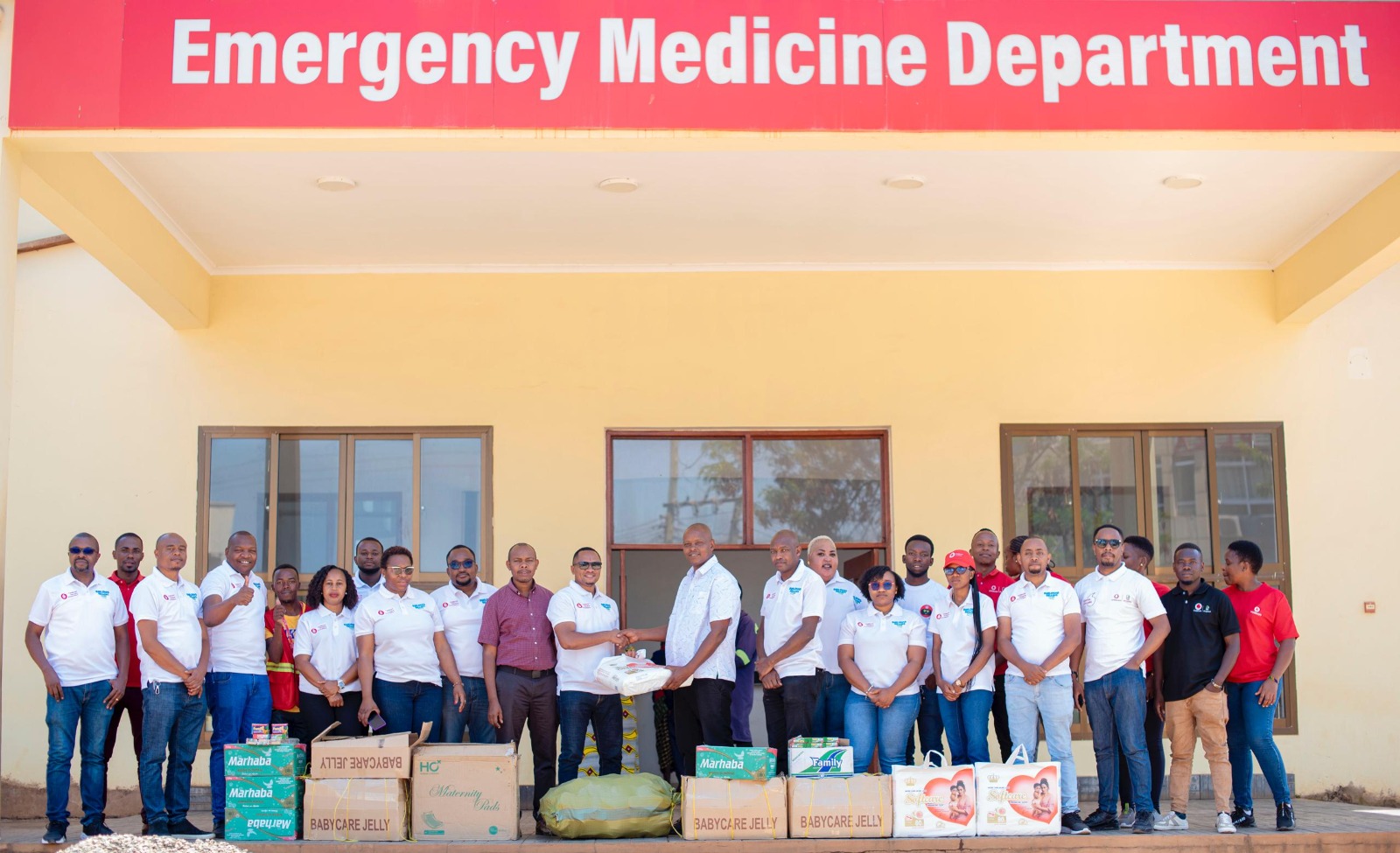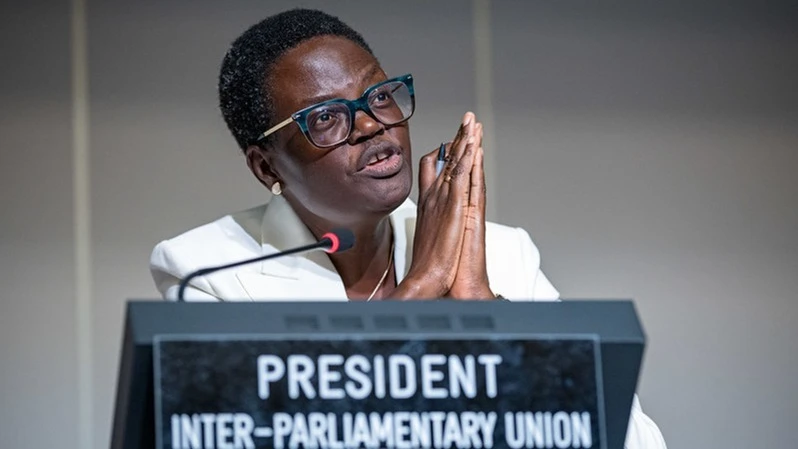EABC urges full EAC access to tripartite trade
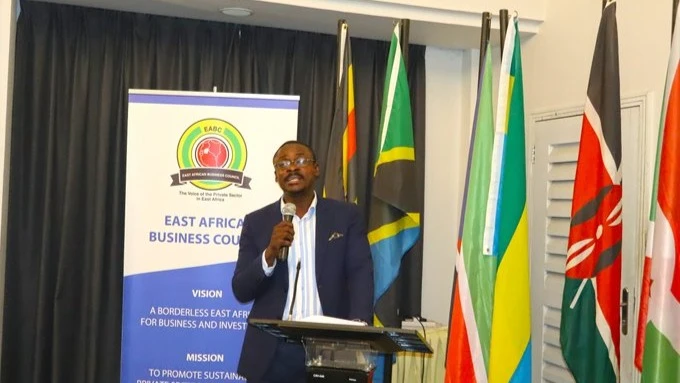
THE East African Business Council (EABC) has urged several East African Community (EAC) partner states to make an effort to promptly ratify the Tripartite Free Trade Area (TFTA) agreement in accessing the regional arrangement.
Adrian Njau, the EABC acting executive director, said in a statement yesterday that EAC countries engage more in trade with tripartite member states on account of their overlapping memberships in SADC and COMESA, which similarly provide preferential tariff treatment.
Somalia, the Democratic Republic of Congo (DRC), South Sudan, and Tanzania have yet to ratify the treaty for the tripartite trading zone and are yet to benefit from preferential trade terms with countries outside their particular blocs, he said.
“Our goal is to see businesses trading under the TFTA’s preferential tariffs,” he stated, noting that Tanzania and DRC are members of SADC, while Kenya, Uganda, Burundi, and Rwanda are part of COMESA.
EABC praised the initiation of the TFTA protocol, which Angola ratified recently on June 25, easing up trade with the EAC bloc in particular, bringing the total number of deposited instruments of ratification to 14.
This meets the threshold required for the agreement to come into force as a specific trading instrument where the broad area covers 29 member states, he said, explaining that in 2022, EAC exports to SADC reached $3.79bn, with imports standing at $3.9bn.
EAC exports to non-EAC states in the COMESA group stood at $6bn, with imports attaining $4.7bn in value, based on the EAC Trade and Investment Report 2022.
Praising Burundi, Rwanda, Kenya and Uganda for ratifying the TFTA instrument, he said that Kenya can now export to South Africa under the TFTA preferential tariff, stressing the need for EAC countries to shed the phobia of competition from South Africa and Egypt, in particular.
Other EAC nations already have preferential trade with the two more industrialised countries under the COMESA and SADC trading blocs, part of a situation where intra-African trade is currently below 20 percent, he elaborated.
The launch of the TFTA arrangement signifies a higher resolve to boost intra-African trade, as trade data indicates that tripartite zone countries import the quasi-totality of similar products exported by the EAC.
This presents a significant market opportunity for EAC exports when they are part of TFTA, he said, citing products like vegetables, meat and pasta, highlighting the formation of the African Tripartite Business Council (ATBC) by the EABC, the COMESA and SADC business councils.
The intention is to integrate private sector policy proposals into the TFTA framework agreed during the Kigali intra-regional business summit in 2022, as the EABC is committed to working with the development partners to develop an EAC regional private sector strategy for the TFTA, he said.
Additionally, EABC aims to collaborate with COMESA and SADC business councils to enhance business-to-business relationships, promote value chains where comparative advantage is evident, to improve production complementarity, the statement noted.
The EABC is preparing private sector proposals to tripartite ministerial council meetings to expedite TFTA implementation, focusing on addressing competitiveness and supply-side constraints like efficiency costs, quantity, quality and high transport and logistics costs.
This is crucial for the EAC to capitalize on the TFTA’s 800m population market, with effective sanctions for non-implementation seen as essential for the success of TFTA.
The 29 tripartite zone countries account for 53 percent of the African Union’s membership and over 60 percent of continental GDP at $1.88tr, the statement affirmed, underlining TFTA aims of eliminating tariffs on 100 percent of goods from within the region, fostering economic growth, industrialization, and sustainable development.
TFTA complements the African Continental Free Trade Area (AfCFTA), seeking to remove tariffs on 90 percent of goods within the wider market of over 1.3bn people.
TFTA members who have deposited their instruments of ratification include Angola, Botswana, Burundi, Egypt, Eswatini, Kenya, Lesotho, Malawi, Namibia, Rwanda, South Africa, Uganda, Zambia and Zimbabwe, the statement noted.
Top Headlines
© 2024 IPPMEDIA.COM. ALL RIGHTS RESERVED








